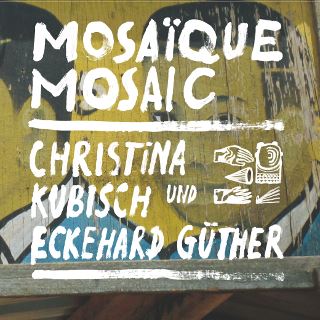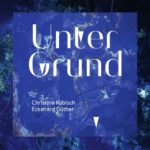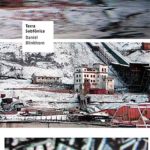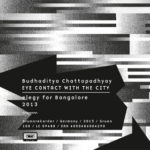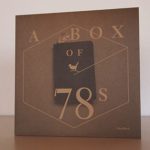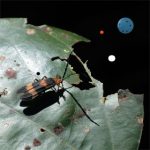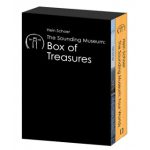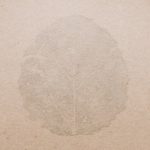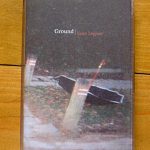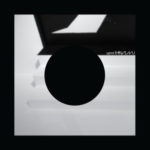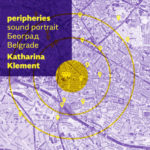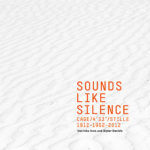Mosaïque Mosaic
14,00 € VAT included
In stock
“My first visit to Cameroon in summer 2010 occurred thanks to an invitation by the Goethe-Institute Yaoundé and the independent art organization Doual’Art.
During my residency I prepared a sound installation for a festival in Douala in December. I also conducted a workshop, together with Eckehard Güther, for young local musicians and artists on the theme of field recordings. Field recordings?
In the cities people are surrounded by distorted sound systems playing lo-fi illegal copies of Cameroonian as well as international pop music. The sounds from church services, instruments and voices are all amplified as well – the louder the better. A lot of what you hear comes from speakers.
The workshop held surprises for everybody, most of all for us: the participants led us to many hidden places with sounds they thought would be of interest to us. And we noticed that we were mistaken in our prejudice of sounds which might be unheeded: these people did listen, they had the most musical ears, they knew a lot about their “field”. But so far they had not felt any necessity to store these sounds. So we started our exchange: they got the recording facilities and we got a little bit of their ears.
Cameroon is a noisy country with unexpected and subtle soundscapes. We were brought to places we never would have discovered ourselves. This was the basis for a “sound diary” which was continued during a long trip into the North of the country and as well during our second visit in and around Douala in the winter time.
Music is one of the most important forms of communication in Cameroon, a country with hundreds of different languages and ethnic groups, it is a link which binds them all together. I am glad that we could participate in this sonic experience with the help of many local people. The places we recorded were not arranged in advance, we just happened to be there and sometimes the recordings were made with quite simple equipment. Listening was the most important experience and hopefully some of this personal experience will shine through in this release.
All the field recordings are unprocessed, but parts of them are assembled and mixed together.” Christina Kubisch

